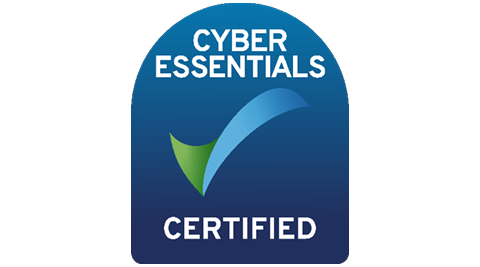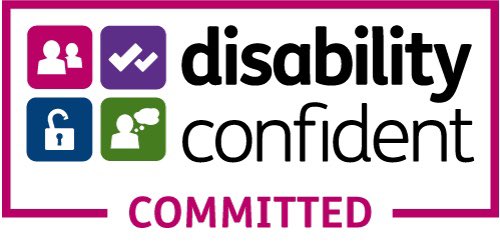On Saturday 11th February, the world celebrated International Day of Girls and Women in Science, and at Scantec we take every opportunity to celebrate diversity in our STEM industries.
Here, our Scientific recruiter Luke Mercer had a chat with one of his brilliant Microbiologist candidates, Kirsty Murden.
L: Tell us a bit about yourself Kirsty. What do you do?
K: I am a Microbiologist. Most of my roles have been QC and Microbiology, mainly in Pharmaceutical companies. My most recent role to date was for a company called Recipharm in Holmes Chapel, that makes inhalers and allergy nasal sprays.
L: So, tell us a little bit about your journey. How did you get into your chosen career?
K: I started out actually wanting to be a midwife, so I went on a health and biological sciences course. I left school with no GSCEs and had to do my Maths and English again alongside the access course. Microbiology was a part of the course and I fell in love with it, so decided to pursue a career in that instead.
My first position was to perform DNA profiling with Thermo Fisher Scientific and at the time, the formulation team there was really short staffed so I was thrown into formulation, which was really scary as it was my first position after university. It involved working in clean rooms with a Tyvek suit on, a hood, a respirator – I had never experienced anything like that before. But it was more chemical-based and not Microbiology, so although it was really interesting, it was not what I had done my degree for. I did enjoy it, but it’s not what I wanted to do.
From there, I went into a role testing baby wipes, and with being a mum, I don’t know how I thought baby wipes were made but I now have a new appreciation for a packet of baby wipes! It’s absolutely amazing what goes into them. Again, I didn’t get the exposure to the level of microbiology that I was looking for, but it was good for a starting position. It was working alongside a manufacturing line which was a very male dominant workforce, so it could have been an intimidating workplace, but it wasn’t. It was an excellent company, very friendly - I didn’t have any problems there whatsoever.
L: So when did you get the exposure to Microbiology that you wanted?
K: I went to Ipsen in Wrexham, and they make injections for people with muscle and skeletal disorders, which is where I got the majority of my microbiology experience. It is a really fast-paced environment in a massive Pharmaceutical company. You needed to know what you were doing and they covered everything microbiology-wise.
L: Just 11% of STEM jobs in the UK are held by women which is still a very small number. Do you think that is a problem that deters women from entering the industry in the UK?
K: Not for me, but from a younger person's point of view, it could be very intimidating working in such a male dominated environment. I am lucky to have experienced nothing negative in this sector; I have had a couple of derogatory comments made at me such as “shouldn’t you be at home looking after your children?” and I think, “do you know what year it is?!”
I think it could be harder for younger people, especially if they were more introverted. I haven’t struggled but I think that’s because of my age and personality. The upside is that a lot more women are getting into many industries, they are choosing not to have children at an early age, some are choosing their career first. I have three daughters and I see them struggle a little bit. My youngest daughter is studying Law but she is already worried about succeeding in that world because she is a woman. In this day and age it is sad.
L: Overall, what do you think are the main challenges women face getting into this industry?
K: Most of the companies I have worked for are massive Pharmaceutical companies with manufacturing lines, which are male dominated. Although I have had the odd look and comment when I have been out asking questions, the majority have said “you’re the first microbiologist who has been interested enough to ask the questions”. So, I think the environment can be intimidating if you allow it to be that, but if you get yourself in there and try to make it better, it changes.
The main challenge is attracting women into industry. It is that encouragement. I think a lot of girls would say “I’m not clever enough” - even those with good GCSEs. People think science and think they can’t get involved in this world if they don’t have a massive IQ, and that’s not the case. If I can do it, anyone can do it!






